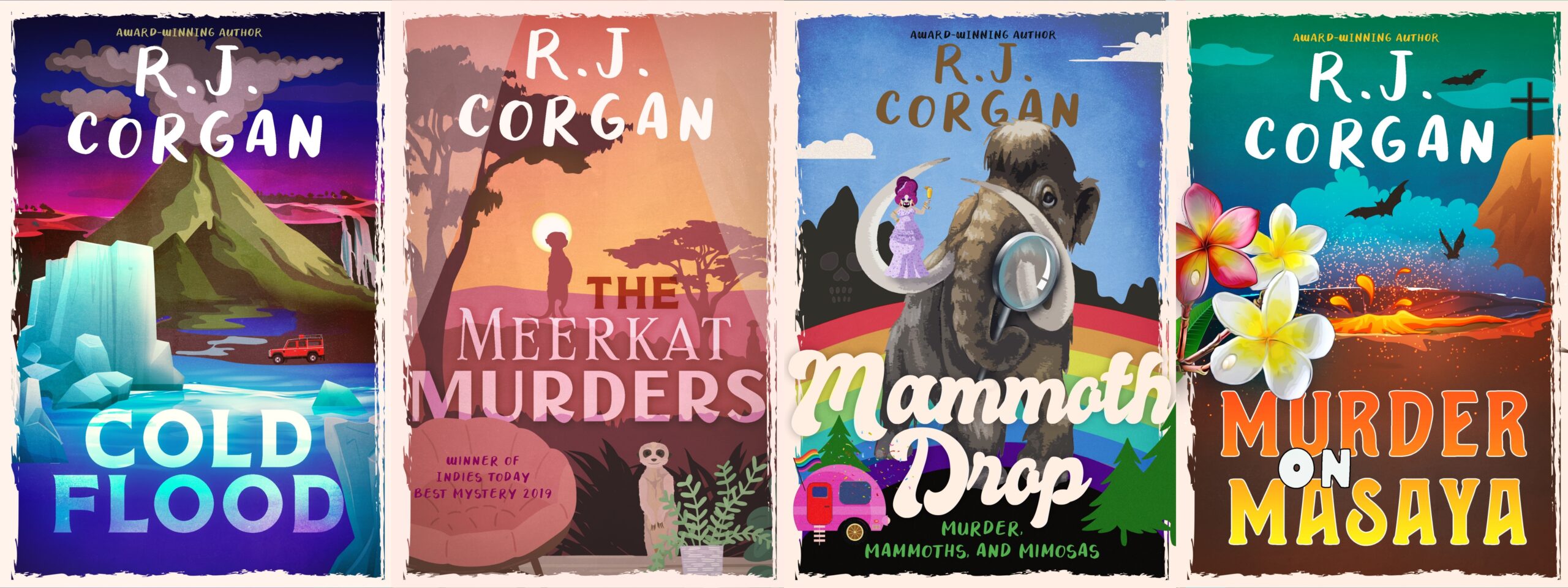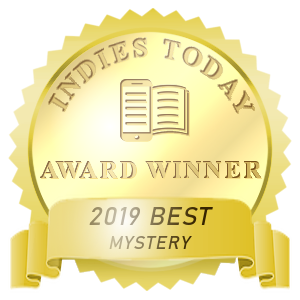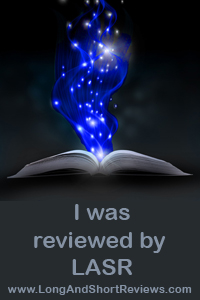
Each book in the Kea Wright series has a distinct tone. Mammoth Drop, for example, is a camp romp celebrating a science and drag. In contrast, the final story, Murder on Masaya, presents the hazards that scientists undertake to gather data.
Each book also has its own underlying theme. Cold Flood examines how being put under intense pressure can release something inside ourselves that we never knew existed. The Meerkat Murders examines the concept of altruism, Mammoth Drop explores extinction, and Masaya examines family and sacrifice.
My favorite television show growing up was Doctor Who – you never knew where the next story would take you. The next tale could be set in the distant past or the far future, or be a comedy or a tragedy. I loved that element of surprise and tried to incorporate it in this series.
I wrote these books to share expeditions so that can be enjoyed from your favorite comfy chair. If you are interested in joining a scientific expedition on a volcano, a glacier, or even tracking dolphins, find a volunteer site online and sign up today! There are many ways that you can help scientists and spend a vacation that you’ll remember for a lifetime!
Find your favorite one on Amazon!


















